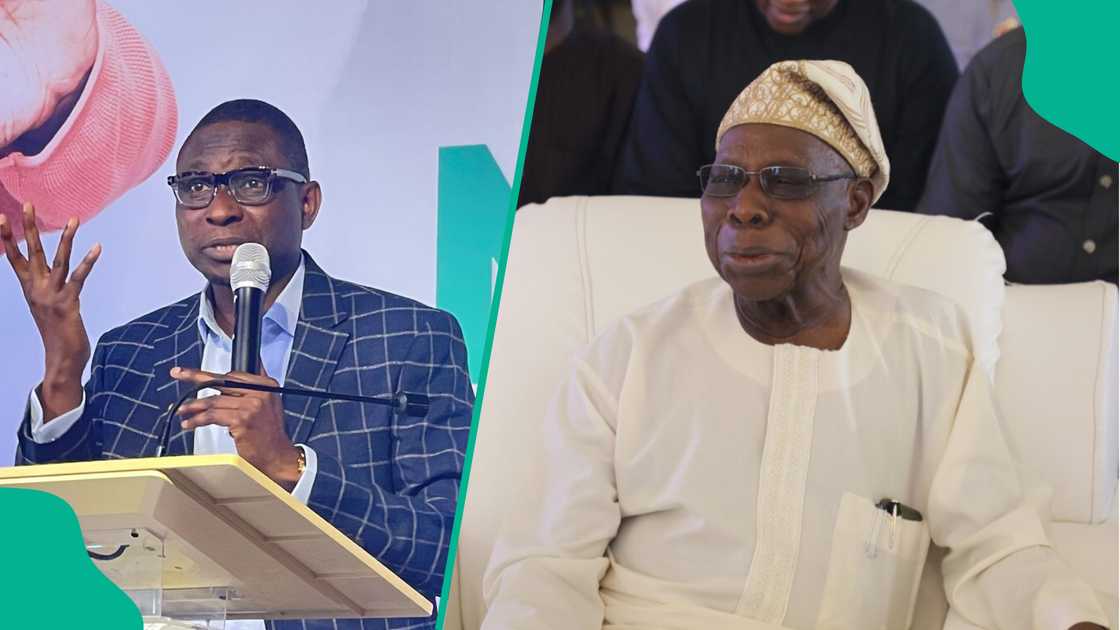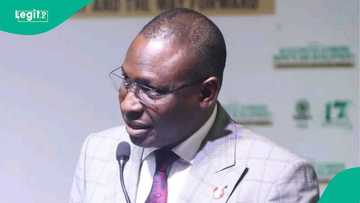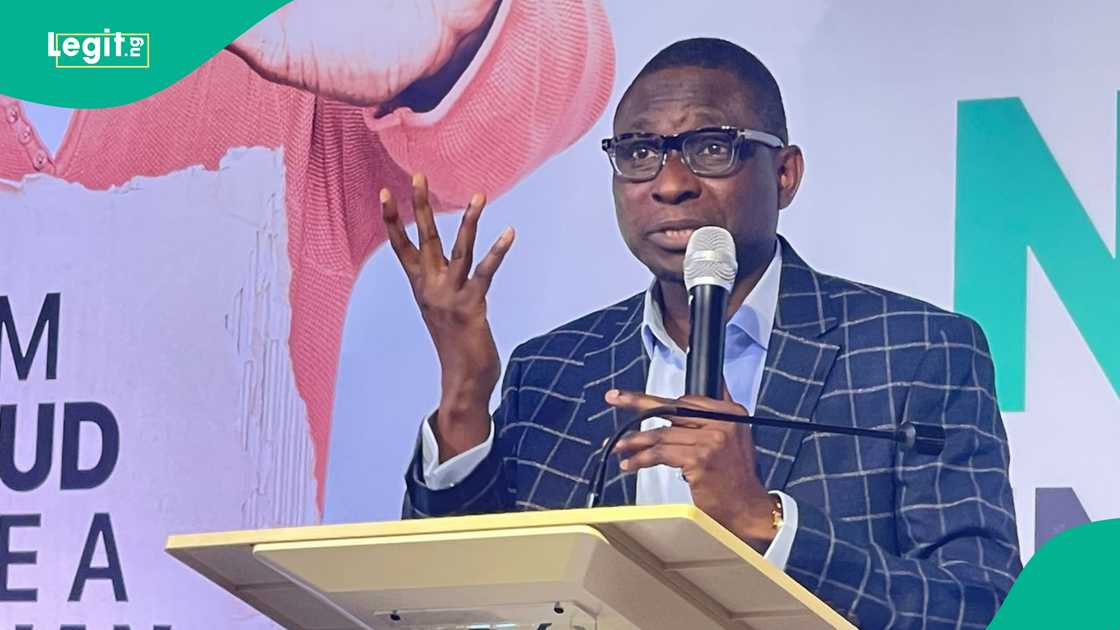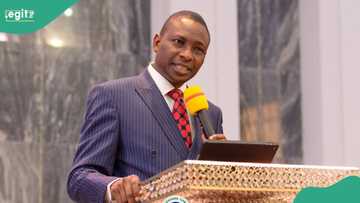How Suspects Used Obasanjo Library for Cover-Up, EFCC Addresses Allegation of Targeting Ex-President
- The Economic and Financial Crimes Commission conducted an operation at a hotel within the Olusegun Obasanjo Presidential Library premises in Abeokuta, Ogun State
- The management of the OOPL condemned the operation, calling it a "deliberate attack" on former President Obasanjo, demanding huge compensation, and threatening a lawsuit
- EFCC clarifies the reason for the arrests and the involvement of the OOPL in the sting operation
Abeokuta, Ogun State – The Economic and Financial Crimes Commission (EFCC) has refuted claims that its recent operation targeting suspected internet fraudsters, which led to the arrest of 93 individuals, was specifically aimed at the Olusegun Obasanjo Presidential Library (OOPL) in Abeokuta, Ogun State.

Source: Twitter
OOPL make demands
The OOPL management, on Wednesday, August 15, condemned the nighttime operation and the apprehension of guests at the OOPL guesthouse.
They characterised the operation as a deliberate attack on former President Olusegun Obasanjo and “a stark and blatant violation of the rights of the people who gathered for the event,” as reported by The Punch.

Read also
EFCC speaks on next action after finding undeclared dollars at airport, actual amount mentioned
The OOPL demanded the sum of N3.5 billion in damages and issued a seven-day ultimatum for the EFCC to tender a public apology, threatening to pursue legal action if their demand was not met.
EFCC clarifies reason for operation
However, in a statement on Thursday, EFCC spokesperson Dele Oyewale stated that the arrests occurred at a hotel situated within the OOPL grounds and not at the library itself.
The anti-graft agency expressed that the operation was carried out based on intelligence indicating the suspects were hosting a pool party to mark alleged illegal activities.
According to Oyewale, the party was initially scheduled to be held at two different locations but was relocated to the hotel within the OOPL grounds in an attempt to evade detection.
Oyewale further clarified that during the investigation, it was discovered that nearly all the suspects were involved in crimes such as impersonation, identity theft, and online fraud.
“The arraignment, to be conducted in batches, follows their arrest at a pool party where they were celebrating their exploits. The party was initially planned to hold in two locations but was shifted to the hotel in OOPL ostensibly to escape possible arrest.
The planners got wind of the Commission’s intelligence and scampered to the OOPL expecting a sort of cover from arrest. The former president’s facility was not a target of EFCC’s operations. The suspects were the target and have confessed to involvement in internet crimes.” Oyewale explained
Oyewale added that the arraignment of the remaining suspects would follow shortly.

Source: Twitter
Ex-EFCC boss Magu addresses youths on corruption
Legit.ng previously reported that Ibrahim Magu, the former chairman of the EFCC, has called on Nigerian youths to champion the move of breaking the cycle of corruption in the country.
The former EFCC boss made the call while speaking at the gala night of the National Industrial Manpower Summit 2025, which was held at the Banquet Hall of the State House, Abuja, on Wednesday, August 13.
According to Magu, the single greatest threat to the development in Nigeria is corruption. He then urged young Nigerians to choose integrity above impunity so that they can build a new nation.
Politicians make false declarations of assets - EFCC
Legit.ng also reported that the EFCC has exposed a scheme in which politicians declare ownership of assets they have not yet acquired before taking office.
The anti-graft agency described the practice as a calculated plan to facilitate the looting of public funds once in power.
EFCC Chairman, Ola Olukoyede, disclosed this on Tuesday in Abuja during the launch of the Virtual Tool on the Code of Conduct for Public Officers.
The event was organised by the Code of Conduct Bureau (CCB) in collaboration with the Technical Unit on Governance and Anti-Corruption Reforms (TUGAR).
Source: Legit.ng



